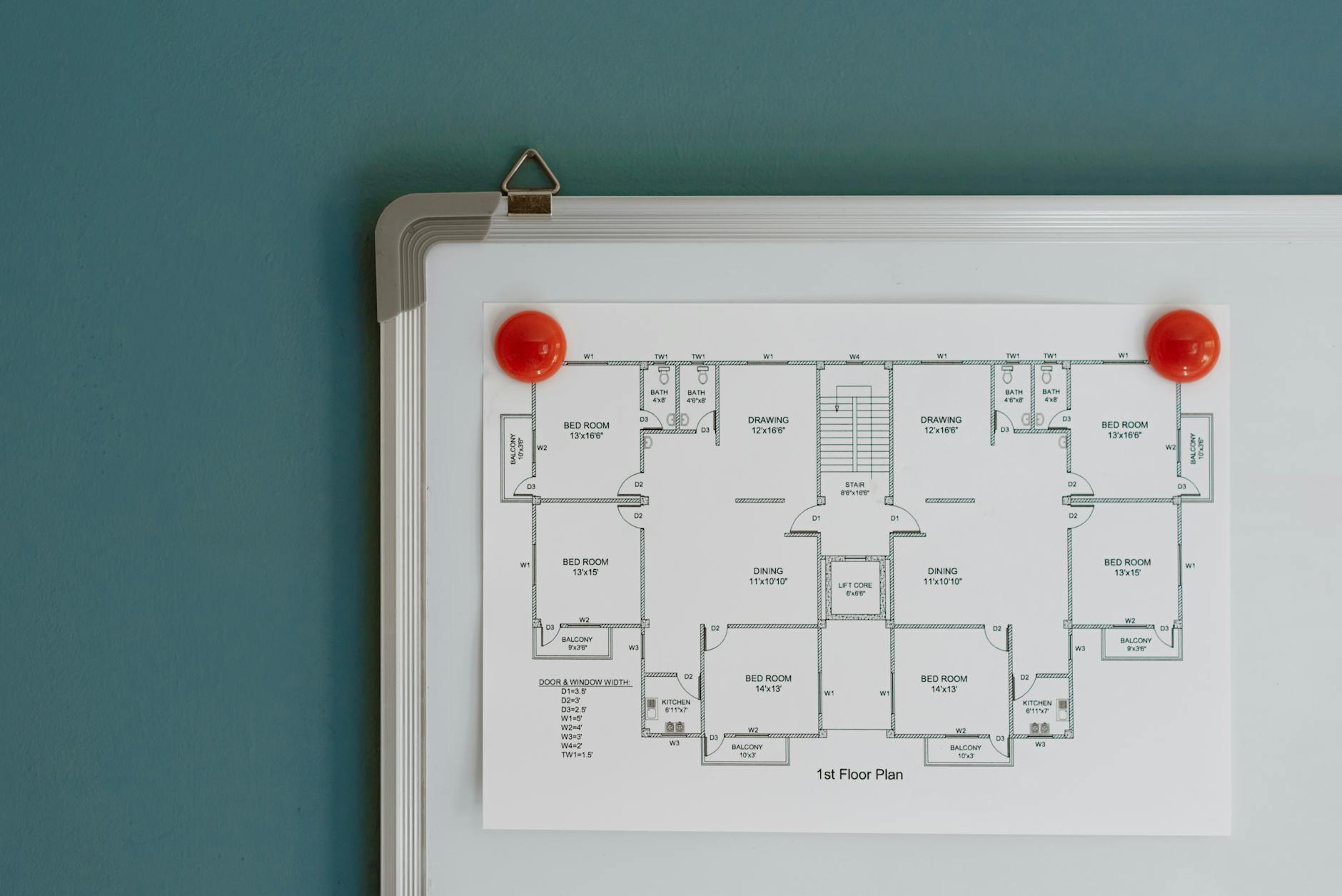Discover the secrets to preventing and treating kidney stones in this comprehensive guide that will change your outlook on health.
Table of Contents
Kidney stones are a common and often painful condition that can affect anyone at any time. Understanding the causes, symptoms, and treatment options for kidney stones is essential to maintaining good kidney health. In this comprehensive guide, we will break down everything you need to know about kidney stones, from prevention strategies to treatment methods.
What are Kidney Stones?
Kidney stones are hard deposits that form in the kidneys when there is a buildup of minerals and salts in the urine. These stones can vary in size and can cause severe pain when they move through the urinary tract.
Causes of Kidney Stones
There are several factors that can contribute to the formation of kidney stones. Some of the most common causes include:
- Diet: Consuming foods high in oxalates, sodium, or animal proteins can increase the risk of kidney stone formation.
- Dehydration: Not drinking enough water can lead to concentrated urine, which makes it easier for stones to form.
- Medical conditions: Certain medical conditions, such as urinary tract infections or metabolic disorders, can increase the likelihood of developing kidney stones.
Symptoms of Kidney Stones
The symptoms of kidney stones can vary depending on the size and location of the stone. Common symptoms include:
- Severe pain in the back, side, or lower abdomen
- Painful urination
- Blood in the urine
- Nausea and vomiting
Prevention Strategies
Preventing kidney stones involves making lifestyle changes that reduce the risk of stone formation. Some effective prevention strategies include:
| Breaking Down Kidney Stones: The Ultimate Guide to Prevention and Treatment | |
|---|---|
| Prevention | Treatment |
| 1. Stay hydrated by drinking plenty of water. | 1. Medical intervention such as shock wave lithotripsy. |
| 2. Limit sodium intake to reduce the risk of stone formation. | 2. Surgical procedures like ureteroscopy or percutaneous nephrolithotomy. |
| 3. Eat a balanced diet rich in fruits and vegetables. | 3. Medications like alpha blockers or potassium citrate to help pass stones. |
| 4. Reduce consumption of oxalate-rich foods like spinach and nuts. | 4. In severe cases, a nephrologist may recommend a kidney stone removal surgery. |
- Stay hydrated: Drink plenty of water throughout the day to keep urine diluted and reduce the risk of stone formation.
- Follow a healthy diet: Limit foods that are high in oxalates, sodium, and animal proteins, which can contribute to stone formation.
- Manage underlying health conditions: If you have medical conditions that increase the risk of kidney stones, work with your healthcare provider to manage them effectively.
Treatment Options
If you experience symptoms of kidney stones, it is essential to seek medical advice for proper diagnosis and treatment. Treatment options for kidney stones may include:
- Increased fluid intake: Drinking plenty of water can help flush out smaller stones and prevent new ones from forming.
- Pain medication: Over-the-counter pain relievers can help manage the discomfort caused by kidney stones.
- Medical procedures: In some cases, larger stones may require medical interventions such as shock wave lithotripsy or surgery to remove them.
Conclusion
Overall, understanding the causes, symptoms, and treatment options for kidney stones is crucial for maintaining good kidney health. By following preventive strategies and seeking prompt medical attention if necessary, you can reduce the risk of kidney stones and minimize their impact on your overall well-being.
Can kidney stones be prevented?
Yes, kidney stones can be prevented by staying hydrated, following a healthy diet low in oxalates and sodium, and managing underlying health conditions effectively.
What are the symptoms of kidney stones?
Symptoms of kidney stones include severe pain in the back, side, or lower abdomen, painful urination, blood in the urine, and nausea and vomiting.
What are the treatment options for kidney stones?
Treatment options for kidney stones may include increased fluid intake, pain medication, and medical procedures like shock wave lithotripsy or surgery.
How can I reduce the risk of kidney stones?
You can reduce the risk of kidney stones by staying hydrated, following a healthy diet, limiting sodium intake, and managing underlying health conditions effectively.





